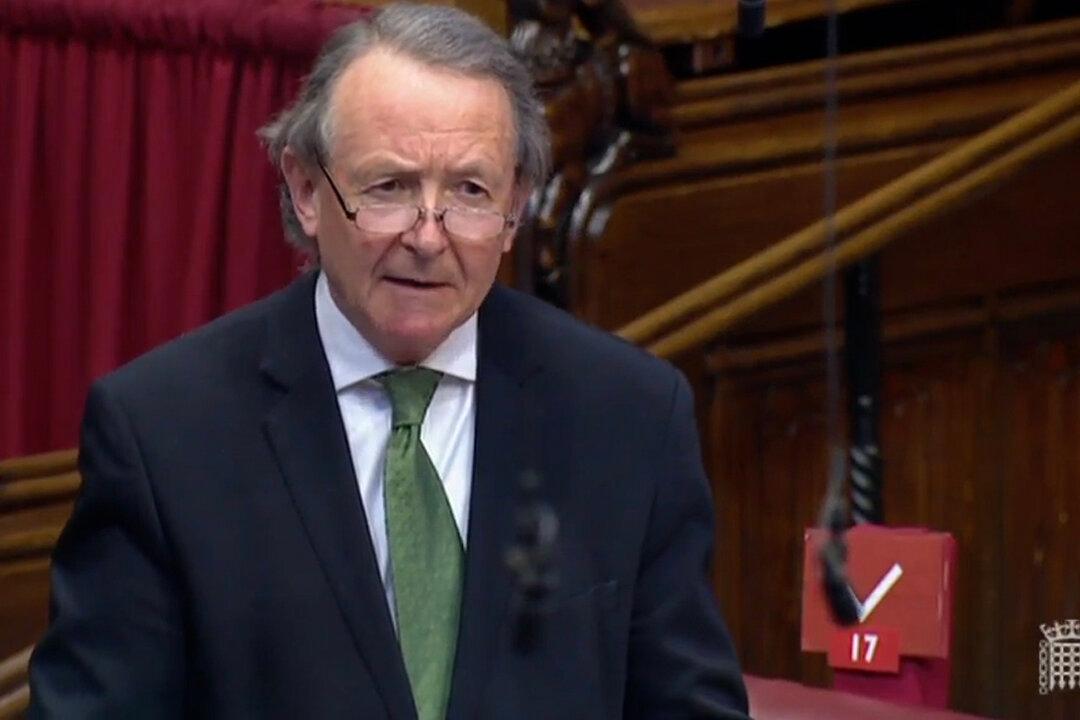In a final attempt to give legal backing to the recognition of state genocide in relation to trade, the UK’s House of Lords on Tuesday passed a “genocide amendment” for the third time.
The amendment to the UK’s post-Brexit Trade Bill, proposed by Lord Alton of Liverpool, seeks to establish an ad-hoc Parliamentary Judicial Committee (PJC) that could make a preliminary determination on whether a partner in a relevant bilateral trade agreement with the UK has committed genocide.





